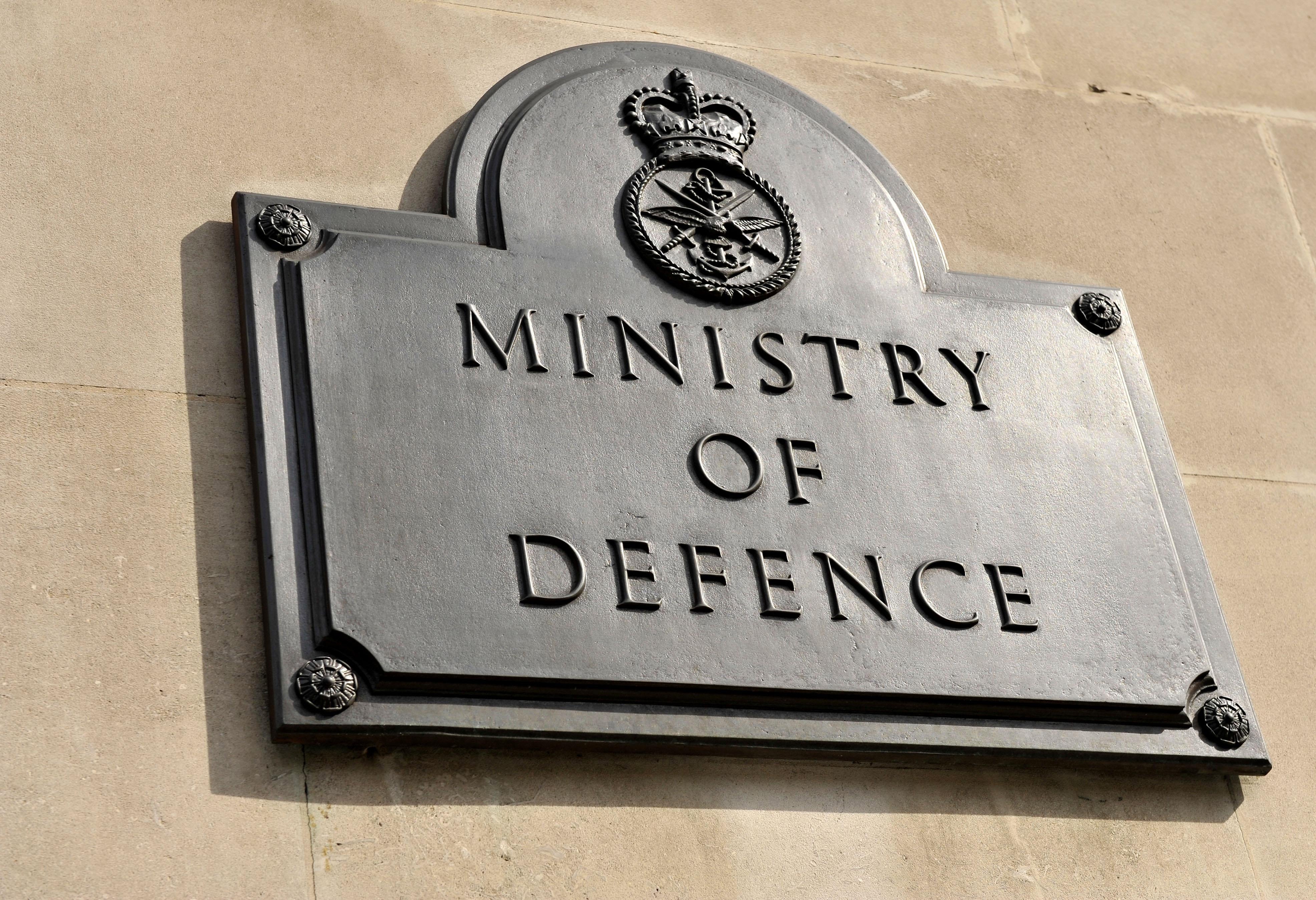The UK special forces officer in charge of assessing resettlement applications from Afghan commandos may have been connected to an ongoing inquiry into alleged war crimes committed by British troops, the High Court has heard.
Thousands of applications from individuals with credible links to two Afghan elite commando units CF33 and ATF444 were rejected by the Ministry of Defence, despite the soldiers being paid and trained by the British. Some of the Afghan commandos who applied for sanctuary in Britain served alongside the UK special forces units that are at the centre of the war crimes inquiry.
The former soldiers were left at the mercy of the Taliban, with some being murdered because of their service with the British. The MoD is undertaking a review of some 2,000 applications of Afghans linked to the units, after The Independent, along with Lighthouse Reports, Sky News and the BBC exposed how they were being denied help.
The review comes amid an ongoing inquiry into alleged war crimes committed on UK special forces raids between 2010 and 2013. Members of the UKSF have been accused of killing unarmed Afghans and planting weapons on them.
It has emerged that UK special forces had power over the UK sanctuary applications of Afghan allies who could be potential witnesses to the inquiry. MoD caseworkers would refer applications to a UKSF liaison officer, who would make further enquiries about the Afghans’ connections to special forces soldiers.
A legal challenge is being brought over how the MoD is assessing the applications from these two units, known as The Triples. The High Court heard on Thursday that a UKSF liaison officer who had power over the resettlement applications was also connected with matters being probed by the Afghan war crimes inquiry.

In a summary of evidence heard in a closed hearing, the MoD confirmed that “because of the role(s) he held at the relevant time, the UKSF liaison officer may have had some connection to the matters within the scope of the Independent Inquiry relating to Afghanistan”.
It continued: “He will through the nature of his role(s) in UKSF have liaised with Operation Northmoor”. Operation Northmoor was a Royal Military Police investigation that looked into 11 separate special forces raids in Afghanistan.
Though allegations of bias were raised in the court case, the MoD said an internal investigation “found no evidence of bias or hidden motives on the part of the UKSF liaison officer”.
Instead they said that the UKSF officer’s “approach to decision-making was lax and unprofessional”. They found that the officer would make more thorough enquiries in relation to some Afghan applicants and not others. He also told UKSF units that if they didn’t reply to his enquiries about certain Afghan applicants he would assume that the unit had no relevant information and would reject the application.
The UKSF officer also reached “decisions far too quickly”, the MoD said, and would focus on the Afghan soldiers’ seniority rather than their eligibility.
Documents submitted to the High Court revealed that the UKSF liaison officer was replaced following a January 2024 meeting between senior civil servants and then-Veterans minister Johnny Mercer who presented his concerns about bias in the process.
In February 2024, ministers announced a review into how Triples applications had been handled after identifying decisions were “inconsistent” and “not robust”.
In documents submitted by the MoD to the High Court, it was revealed that by May 2022 caseworkers assessing Triples applications were referring them to UKSF personnel for input.
The court heard that the senior civil servant in charge of Afghan resettlement applications to the MoD, Natalie Moore, was concerned about how decisions were being made as early as October 2023. She commissioned an internal review into the process, which identified failings in the decision making but did not find evidence of bias related to the Afghan war crimes inquiry.
In a witness statement, Ms Moore said that she became concerned about the “changes in decision making approach at a time when an identified individual became UKSF liaison officer”.
The liaison officer oversaw decisions during a ‘sprint’ to clear a backlog of over 5,000 applications in the summer of 2023. During this time there were between 22 and 43 caseworkers and just one UKSF liaison officer to give input on the decisions, the court heard.
Mr Justice Dingemans put to the MoD that the process “was inevitably bound to fail” with just one UKSF officer dealing with so many cases.
The court heard that during the summer 'sprint' to speed through applications some 1585 cases were rejected.
Ms Moore also said that she had recently been made aware about internal concerns regarding UKSF’s handling of cases from as early as October 2022.
She told the court that “from summer 2022 lax procedures were being followed by UKSF that led to large numbers [of Triples cases] being rejected”.
The MoD realised that their caseworkers were “overly reliant” on UKSF personnel, and were “not consistently exercising their own independent judgement”. The government admitted that this led to UKSF personnel determining resettlement applications and rejecting them.
However Ms Moore said she believed incorrect decisions on Triples’ cases “arose from the poor decision-making process” rather than bias of the UKSF.
Thomas de la Mare KC, for the claimant, said that the rejections amounted to “effectively a blanket practice”.
The hearing is due to conclude on Friday, with a decision expected in writing at a later date.
Starmer signs over Chagos Islands to Mauritius after last-ditch legal challenge
Charities warn against making family reunion ‘more difficult’
Asylum applications hit new high while backlog falls
Adams seeking damages of at least 200,000 euro from BBC, jury hears
Doctors threaten strike action after 4% pay rise announcement
Doctors say above-inflation pay rises aren’t enough as they threaten strike action







